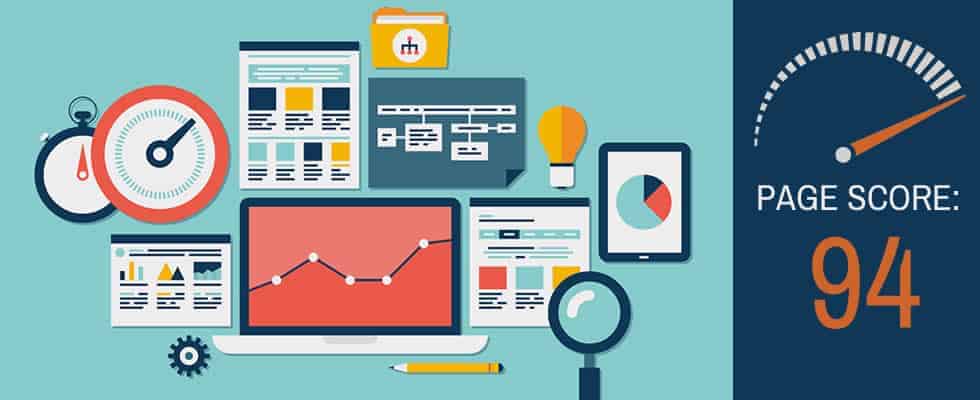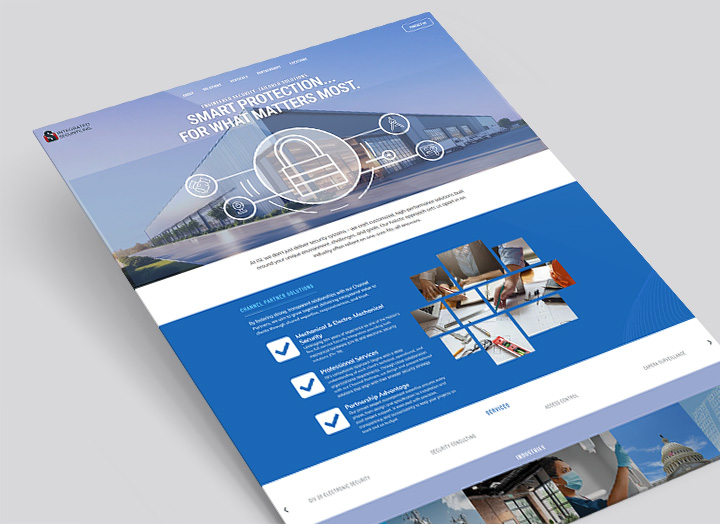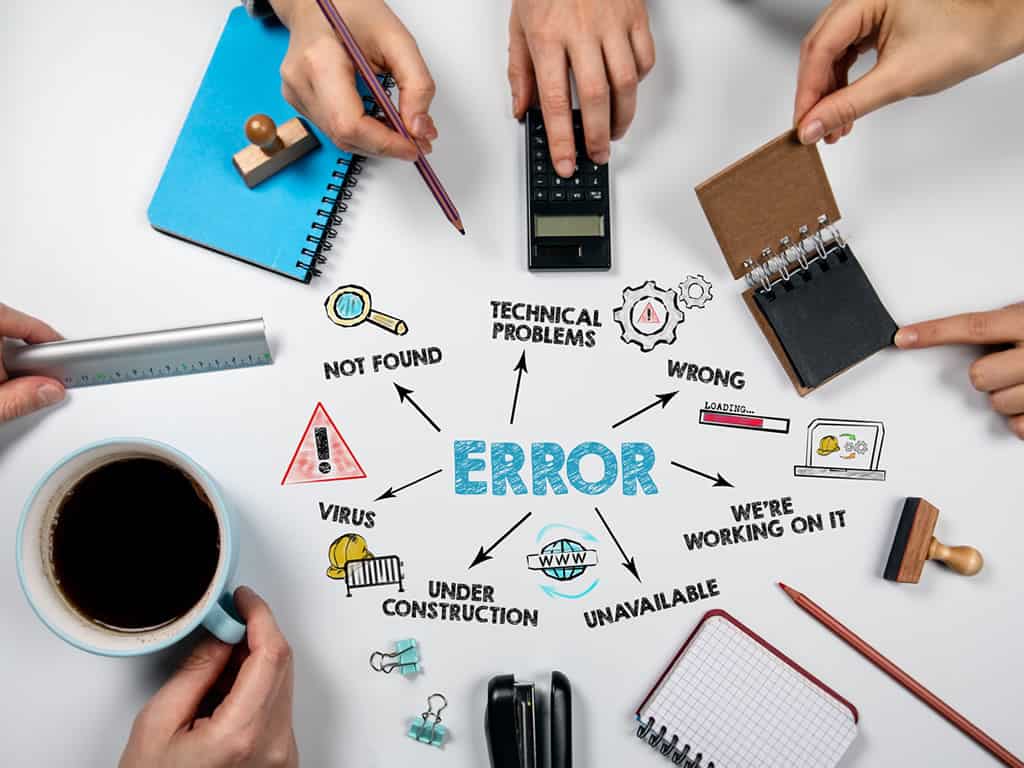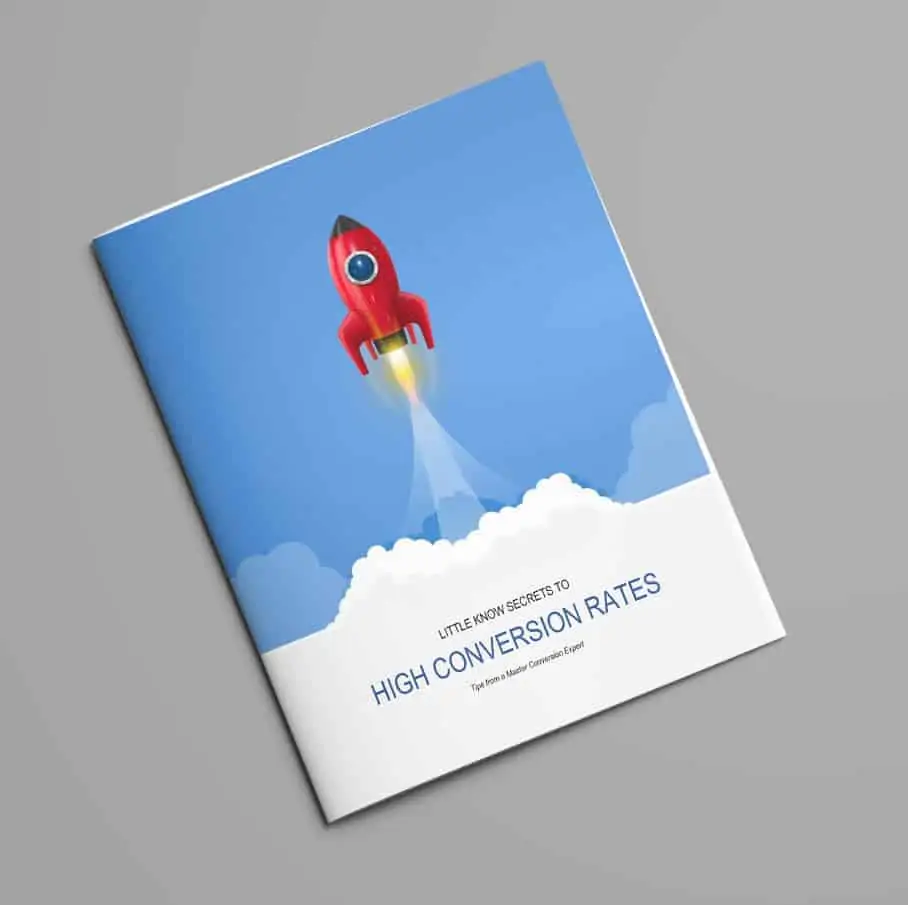Your landing page factors into your paid search campaign’s performance
A landing page is served up as the result of a click on an ad campaign, helping visitors better digest the advertiser’s message. We all know the importance of having a great landing page experience for our users because it impacts their action (or inaction).
But, did you know the landing page also influences the price you pay for advertising? In Google’s words, “It is Google Ads’ measure of how well your website gives people what they’re looking for when they click your ad”. Google then assigns your landing page experience a score. This score factors into your quality score.
Google uses this formula when determining where to position paid search ads:
Ad Rank = CPC bid × Quality Score
The landing page experience is one of three factors that go into the quality score Google assigns to your keywords.
Whenever you or your marketing team employ a landing page in your Google Ads campaign, Google uses a combination of automated systems and human evaluation to assign a score to the landing page experience. This score ultimately affects your ad rank, cost per click and your positioning in comparison to competitors.
A Few Changes Can Reduce the Cost of Your Advertising
By making a few changes to your landing page, you can reduce the cost of advertising, improve conversions and/or rank higher with your ad. Since the landing page is within your direct control, it makes sense to make this task a marketing priority.
It is important to note that the automated systems used by Google may not interpret your page exactly like a human. Practices like using images as your headlines or using language that doesn’t match your message is not a good idea if you want to get a better score for the landing page experience.
Google doesn’t divulge the exact score or methodology, it simply lists your landing page as Above Average, Average or Below Average as far as landing page experience goes. But they do tell us what goes into the score and what to look for in terms of improvement. Having seen enough bad, good and great landing page scores we can also tell you a few things to start improving.
Tips to Improve Your Page
Make it relevant
This goes without saying… if your ad is offering “Contemporary Lamps” and you send visitors to your home page which lists everything from bedroom furniture to rugs, this is not going to score well in the relevancy category. I would go a step further and make certain your selected landing page uses the same language that is present in your ads – matching your ad message as closely as possible.
Message matching is critically important – make your landing page language consistent with your ad copy and the keywords you’re bidding on.
Improve Your Design
Google can’t easily tell what your page is about if there is little or no text. Modern design trends use a minimalist approach. While these websites look good aesthetically, it can be a challenge to provide enough information for someone to make a decision (human visitors as well as Google’s crawlers). We recommend putting the textual details below the fold so that there is enough information to effectively evaluate your offer and the relevance of your landing pages.
Alternately, you could run two landing pages (minimalist and standard design) and A/B test each one.
Improve Page Load time and Mobile Friendliness
Google measures the mobile-friendliness and speed of your landing page. These are weighted heavily in factoring your score because Google understands they are directly related to improving the visitor experience for the increasingly large mobile audience.
Here is a tool you can use to determine technical quality issues:
https://www.experte.com/mobile-friendly
Use Conversion Tracking
Google’s machine learning technologies are heavily dependent on conversion tracking. After all, this is how you can tell (and Google can tell) if your ads are working. Even if your primary action is a phone call from your web page, Google can track and measure your ad campaigns better if conversion tracking is working on your website.
Use Page Headers
Your landing page’s header tags (H1, H2, H3) make it easy for visitors (and Google) to find the information they’re looking for.
Use a Lead Form on your Page
Some industries get the majority of their leads via web form. If you want to capture even more leads, try testing different versions of your form to maximize conversion rate.
Use a clickable phone number on your page
With more searches coming from mobile devices (and growing!), it’s key to have a clickable phone number on your landing page.
Do you need some help designing the perfect landing page? Contact us today to discuss how we can help.





